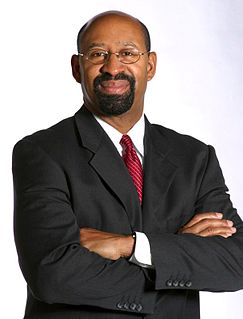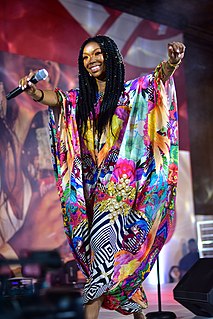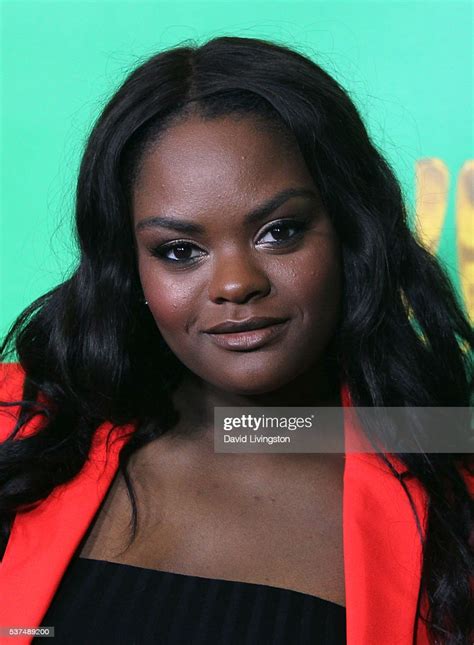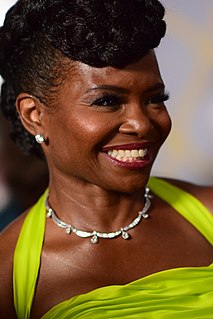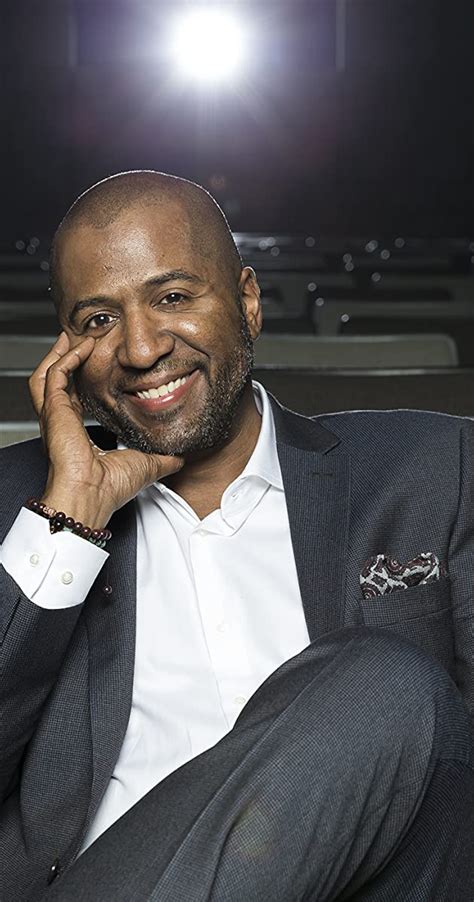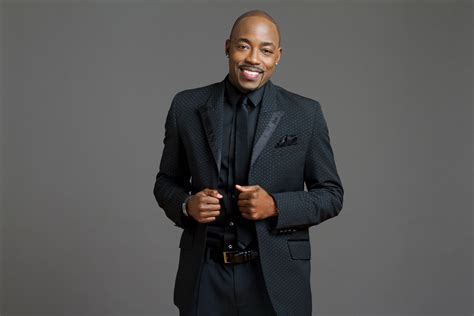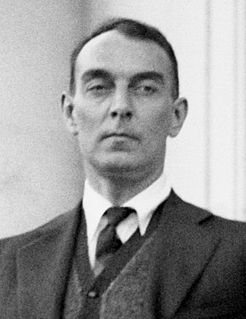A Quote by Michelle Singletary
There are some dark days when I do receive some racist mail or emails. But overall the response to me has been very positive. Readers relate to me not just as an African-American, but as an American trying to make sense of her personal finance, just like them.
Related Quotes
That argument doesn’t make any sense to me. So we want to advance as a society and as a culture, but, say, if something happens to an African-American, we immediately come to his defense? Yet you want to talk about how far we’ve progressed as a society? Well, if we’ve progressed as a society, then you don’t jump to somebody’s defense just because they’re African-American. You sit and you listen to the facts just like you would in any other situation, right? So I won’t assert myself.
I was just so honored to play the role of Cinderella and to just be the first African-American princess, that's just historic for me, that's such a mark in my life and my career and then the bonus of just working with my favorite person in the whole world, Whitney [Houston], like her voice just did something to my spirit.
I receive emails from readers that both break my heart and give me a profound sense of connection. Several months ago, I received an email from a teacher who told me that 'Legend' was the first book one of her troubled young students had ever read to the end. He cried when he finished it. Stories like that stay with you forever.
I have received emails from readers who have said that they were emotionally impacted by the books, and they feel they are more environmentally aware and energized to do more. So that's hopeful to me. It is at least evidence of what I'm trying to do - trying to convey very intense emotional experiences by being very close in on character points of view to make you feel it in your body. That's one way to get the point across, by evoking a visceral response.
It's exciting to me that Ride Along is a movie that has two African American leads, but it's even more exciting to me that it's not a movie about two African American leads. They just happen to be African American. It's a universal story. It's a story about a guy in love with a girl, and he's gotta get the approval of the overbearing, mean brother. That's a universal theme.
When I was a kid, I'd go to the African-American section in the bookstore, and I'd try and find African-American people I hadn't read before. So in that sense the category was useful to me. But it's not useful to me as I write. I don't sit down to write an African-American zombie story or an African-American story about elevators. I'm writing a story about elevators which happens to talk about race in different ways. Or I'm writing a zombie novel which doesn't have that much to do with being black in America. That novel is really about survival.
Some like them hot,some like them cold. Some like them when they're not to darn old Some like them fat,some like them lean. Some like them only at sweet sixteen. Some like them dark,some like them light. Some like them in the park,late at night. Some like them fickle,some like them true, But the time I like them is when they're like you
When I looked at 'Dear White People,' you have four African-American students who are all very different and who are trying to figure out who they are. They're dealing with identity issues and crises. That is exciting to me, to see African-American young people on a page, on a screen, who are so diverse and whose stories are all so different.




